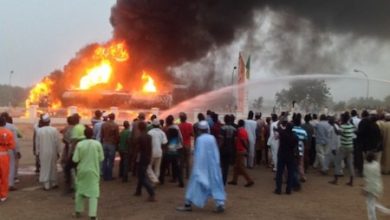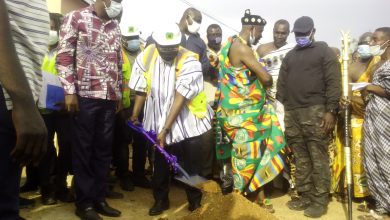Bangladesh shuts schools as protests over job quotas turn deadly
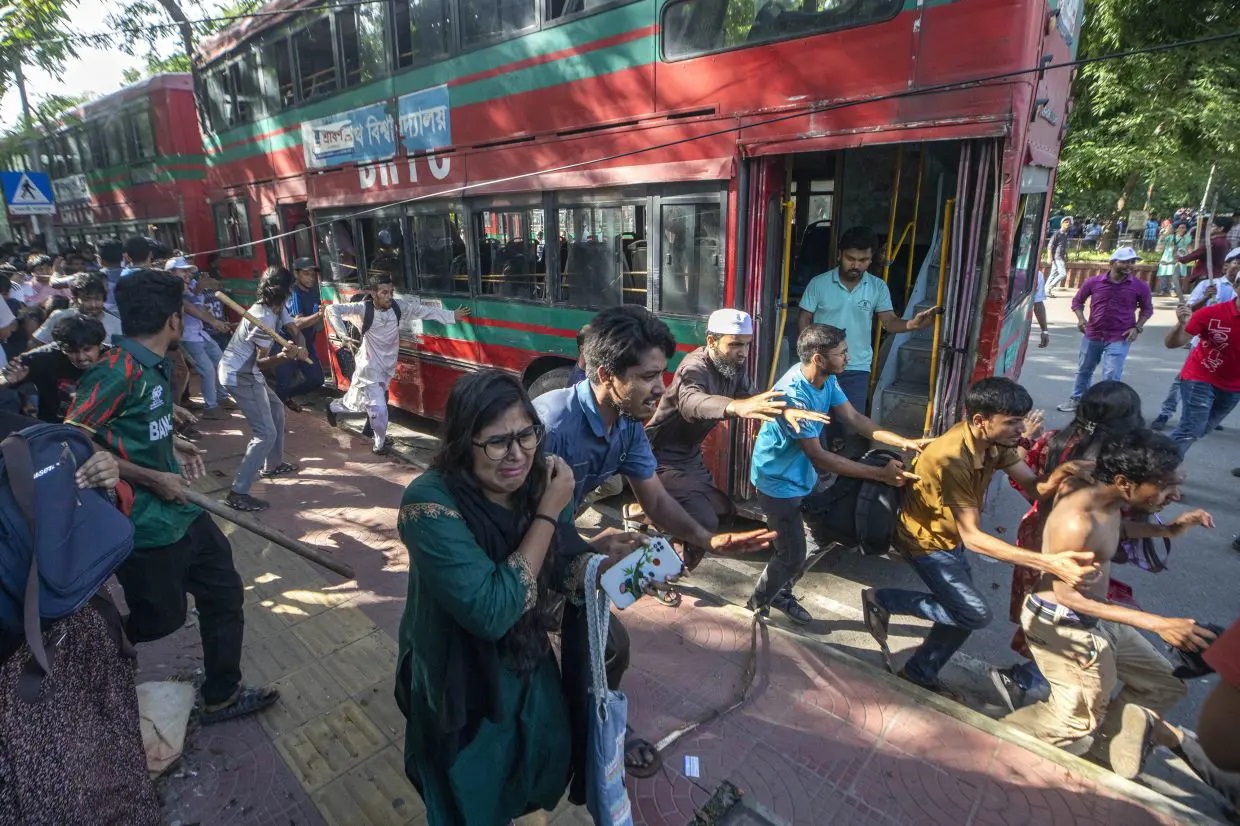
Schools and universities across Bangladesh have been closed indefinitely following the deaths of six people in protests over government job quotas.
University students have been rallying against the quota system, which reserves some public sector jobs for relatives of war heroes from the 1971 independence war against Pakistan, as well as for women, ethnic minorities, and the disabled.
A third of the posts are specifically reserved for the families of those considered war heroes. The students argue this system is discriminatory and advocate for merit-based recruitment.
Clashes erupted this week in several cities, including Dhaka, between supporters of the anti-quota movement and members of the Bangladesh Chhatra League (BCL), the student wing of the governing Awami League.
The clashes involved students attacking each other with bricks and sticks, while police used tear gas and rubber bullets to break up the violence.
Hundreds of injuries were reported by student activists, who accused BCL members of instigating the violence and criticized the police for not protecting the protesters.
Government jobs are highly sought after in Bangladesh due to their good pay, with over half of the positions reserved for specific groups.
Critics argue this system disproportionately benefits pro-government families who support Prime Minister Sheikh Hasina, who secured her fourth consecutive election win in January.
In 2018, following protests, Hasina’s government abolished the reservation system, but a court reinstated it in early June, sparking the latest round of protests.
Official reports state three people were killed in Chittagong, two in Dhaka, and one student in Rangpur by a stray bullet. Media reports suggest at least three of the deceased were students, though official confirmation is pending.
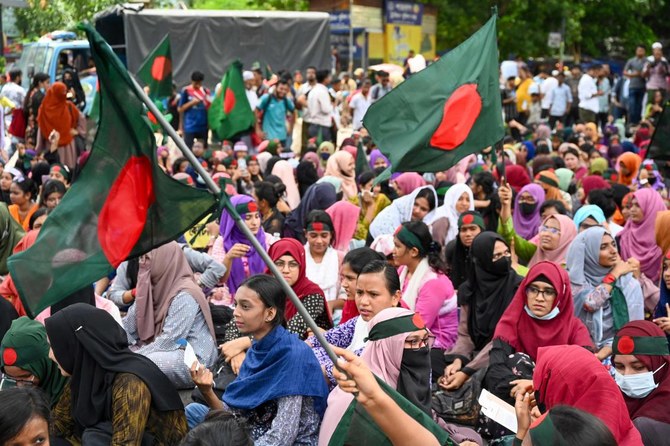
The government attributes the violence to opposition groups. Law Minister Anisul Huq said, “The student fronts of the opposition Jamaat-e-Islami and the Bangladesh Nationalist Party [BNP] have infiltrated this anti-quota movement.
They are the ones who initiated the violence.” The top court in Bangladesh suspended the current system last week, but protests are expected to continue until a permanent removal is achieved. The case is scheduled for a hearing on August 7.
Following the violent clashes, police conducted a late-night raid on the BNP headquarters in Dhaka. Senior BNP leader Ruhul Kabir Rizvi dismissed the raid as a dramatic move intended to intimidate students into stopping their protests.
Protests have caused significant disruptions, with students blocking roads in Dhaka and other major cities. Many student leaders expressed anger over comments made by Hasina, which they interpreted as comparing them to “razakar” – a term for those who collaborated with the Pakistani army during the 1971 war.
They claim this comparison encouraged BCL members to attack them. Rupaiya Sherstha, a Dhaka University student lamented, “They want to suppress our voices through creating a reign of terror in the country. If I don’t protest today, they will beat me another day. That’s why I am on the streets to protest.”
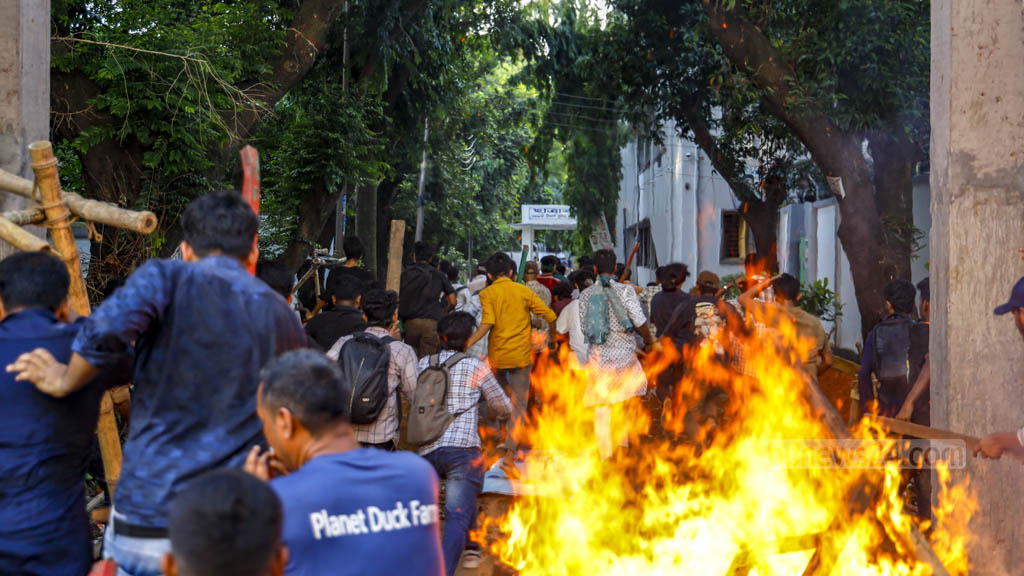
Government ministers insist Hasina’s comments were misinterpreted and that she did not call the students “razakar.”
Mohammad Ali Arafat, state minister for information and broadcasting, denied that the BCL initiated the violence, attributing the trouble to anti-quota students intimidating residents of a Dhaka hall.
“If there’s chaos on the university campuses, there’s no benefit for the government. We want peace to be maintained.”
UN Secretary General António Guterres urged the government to “protect the demonstrators against any form of threat or violence,” according to his spokesperson Stephane Dujarric. The students remain determined to continue their protests until their demands are met.
In response, the government has increased security by deploying the Border Guards Bangladesh in five main cities, including Dhaka and Chittagong.
Source-BBC


